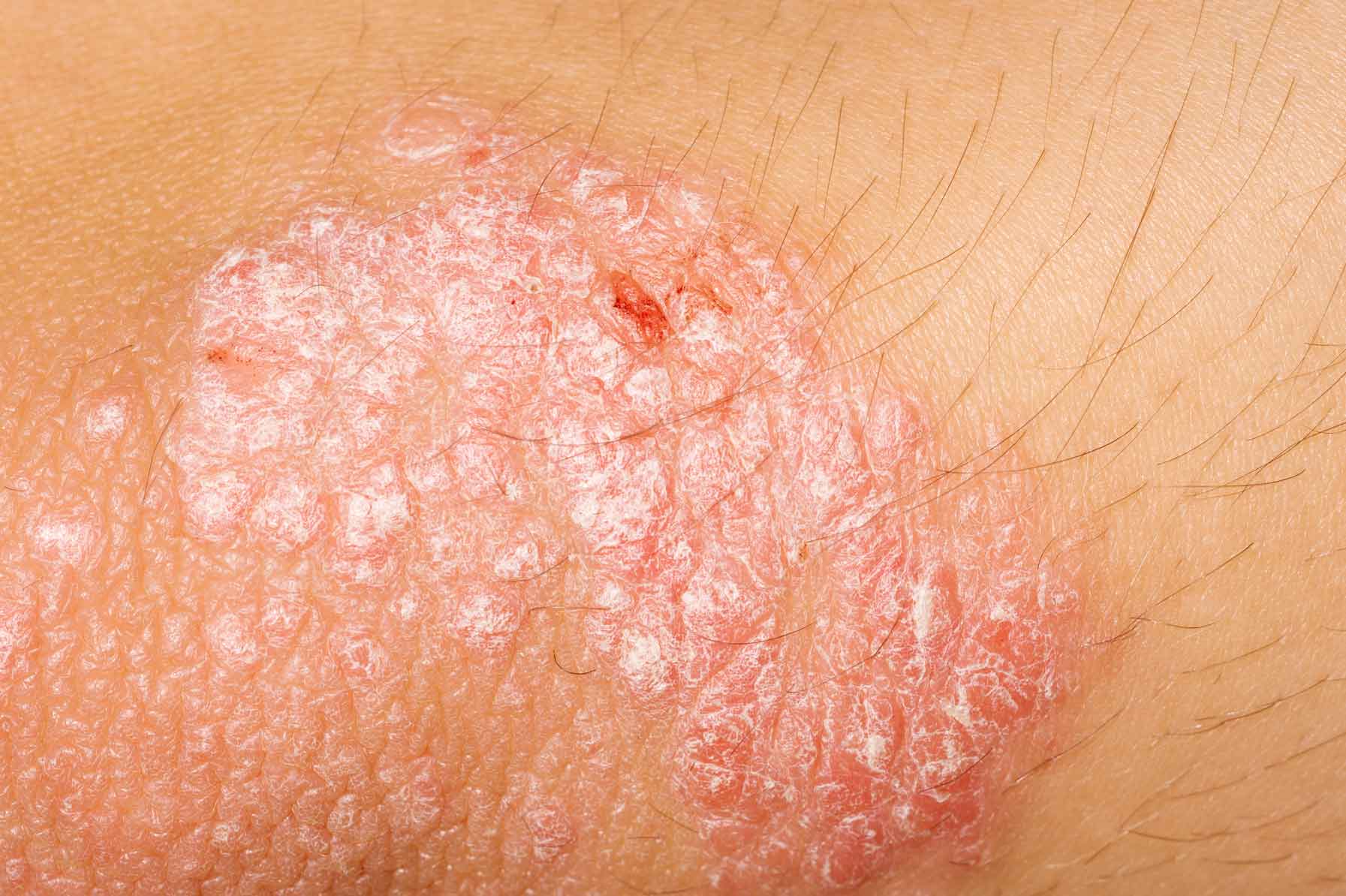Taking Care of Your Skin
It is crucial to know and understand your skin type to care for it properly. The knowledge will help you in managing how your skin adapts to circumstances or seasonality. The skin is the largest organ in the human body, and it is as complex and intelligent as any of the vital organs.
Using cleansers and treatments formulated for the removal of acne and blackheads might be your first choice. But using the wrong formulation for your skin type might cause more problems and permanently harm your skin. Take your time and learn the specific needs of your skin. It will help you choose the right options that can balance your skin and give you a healthier, more radiant complexion.
One of These Might Be the Type of Your Skin
Though everyone’s skin is unique, the four main types may help you identify where your skin fits the most: Oily, Combination, Sensitive and Dry. Here are the ways that will help you tell which type of skin you have.
Dry Skin
If you have dry skin, you might feel tightness in your skin throughout the day. There might also be noticeable flaking.
Dry skin is caused by environmental factors like lifestyle, diet, hormonal changes and climate. Yet, it can also be due to genetics. Most people that have dry skin are dehydrated. One solution is drinking lots of water and avoiding diuretics like alcohol and caffeine. It can make a significant difference in the way your skin feels and looks.
You can do daily exfoliation with cleansers specifically formulated for dry skin. It is made of gentle, non-abrasive ingredients that help promote skin cell turnover without removing the natural oils of your skin. Removing the additional layer of dead skin will let serums and treatments seep into your skin easily.
The best kind of moisturizer to use for dry skin contains hyaluronic acid, ceramides, and glycerin. Layer your products and serums from the thinnest to the thickest formulation to ensure maximum penetration.
Five solutions for treating dry skin
- No-rinse cleansing creams or oils
- Using a humidifier
- Avoid bathing or showering in too hot water
- Don’t use cleansers in the morning
- Overnight hydration or sheet mask
Oily Skin
Everyone gets sebum on our skin, but the skin produces varying amounts and types depending on the individual. Excess oil can leave pores congested or clogged, causing blackheads and pimple breakouts.
Oilier skin is also prone to Post-inflammatory hyperpigmentation (PIH). This condition leaves dark spots on skin after breakouts heal. The good news is oily skin can look younger and more supple. It has more natural moisture making it less prone to wrinkles.
It is essential to do daily enzymatic exfoliation with cleansers for oily skin to prevent sebum buildup in pores. The exfoliation promotes cell turnover that can also lighten these dark spots by polishing away the uppermost layers of the skin. Use gentle physical exfoliators to balance the tone and texture of your skin. You should also consider using exfoliators that include antibacterial ingredients if you get moderate or severe acne breakouts. It helps speed up healing and prevent future blemishes.
If you think your skin’s overproduction of oil is causing problems, you should see a dermatologist. Discuss with your dermatologist the possibility of taking oral medications or using topical applications that can help keep oil production in check. Cleansers made for treating acne can be harsh on your skin, so be sure to check the ingredients that go on it.
Five solutions for managing oily skin
- You can try using a bentonite clay mask
- Using seaweed- or saltwater-based toners
- Use sulfur-based spot correctors on blemishes
- Avoid drying products and use oil-based products
- Dehydrated skin can increase oil production and clog pores
Combination Skin
If your skin can’t seem to decide between being dry or slick, you might have combination skin. People that have combination skin often complain about experiencing dryness on their cheeks. It is crucial to find a moisturizer that is not too heavy but one substantial enough to retain moisture where it is needed.
Combination skin types are prone to getting acne breakouts on their cheeks with a well moisturized T-zone. Exfoliating your skin daily keeps your t-zone and cheek areas balanced. Combination skin types absorb moisturizers that have a gel-like texture more quickly. It also causes acne to break out less. Avoid over-moisturizing and stressing the skin by starting with less product. Increase the amount as needed. Use cleansers formulated for combination skin to ensure full effectivity.
It is nearly impossible to formulate products that work for combination skin because it is tricky. You might need to switch between a few different products, alternating days or between morning and night to keep your skin healthy and happy. The only trick to taking care of combination skin is finding what works for you.
Three solutions to manage combination skin types
- Try using balancing toners
- Use tea tree oil-based products to spot treat acne-prone areas on your skin
- Use gentle enzyme masks to exfoliate your skin
Sensitive Skin
It is challenging to manage sensitive skin since it can take considerable time and effort to determine which ingredients cause inflammation and irritation. You should introduce one formula or product at a time for both skincare and cosmetics.
You should also patch test new formulations or products on your forearm. It is an excellent way to minimize potential reactions. If the patch test proves that your skin shows no signs of flaring up, you can apply the formula to your face.
The first thing you should look for are labels that identify formulas as non-irritating or non-sensitizing. Use a cleanser or formulations that are designed for sensitive skin. These products are free of parabens, synthetic fragrances, mineral oil, sulfate detergents, phthalates, urea, and DEA or TEA. The stated ingredients can result in redness and itchiness. Always be cautious when trying any new products that you would like to add to your care routine.
Three solutions to manage and calm sensitive skin
- Choose and use products free of fragrance and dyes
- Avoid products that contain parabens
- Take note of how your skin reacts to essential oils
Check out Asian Beauty X for products specially designed for the specific needs of your skin. They have carefully formulated their skincare products to cater to every skin type. Check out their website for more information and to see the full range of formulations.












